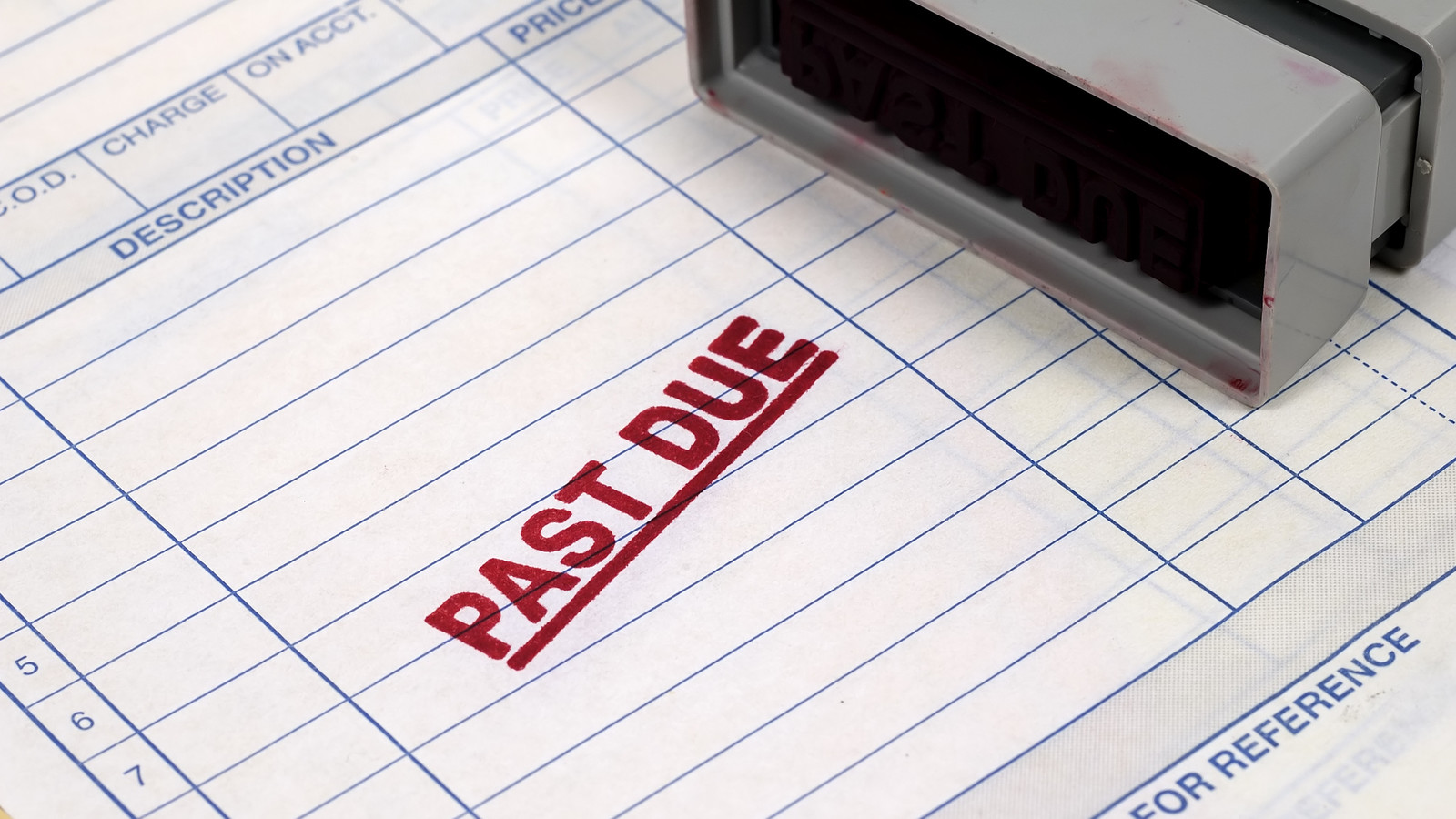VAT registered business must keep certain records, otherwise a financial penalty could be incurred.
What sales information do I need to keep?
The sales information that must be kept for VAT purposes is:
- Copies of all VAT invoices issued
- A VAT account – see What is a VAT account? below for more details.
You must keep VAT records for at least six years.
Checklist: What other documents do I need to keep?
VAT law requires you to keep business records. The records will vary from business to business, they include the following listed below. Login or register to save this checklist to your profile for future use – as you work through the list, any checkboxes that are ticked or unticked will be automatically saved to your profile.
You must be logged in to use this checklist
What is a VAT account?
A VAT account must be maintained by VAT registered businesses. It shows a summary of the totals of your output VAT and input VAT.
The account can be in any form as long as it shows the required information.
Below is an example of a VAT account from the HMRC VAT guide. The account is split into two sides, one representing input VAT and the other output VAT (you may find that some of the lines are irrelevant to your business):
Period: from 1 January to 31 March – This is the VAT period to which your VAT return relates.
| VAT deductible – input tax | VAT payable – output tax | ||||
|---|---|---|---|---|---|
| VAT you have been charged on your purchases | £ | VAT you have charged on your sales | £ | ||
| January | 2,215.23 | This is the input VAT that you have claimed from your purchases and other expenses | January | 2,780.23 | The VAT that has been charged on your sales |
| February | 1,626.47 | February | 2,305.81 | ||
| March | 2,792.01 | March | 3,302.45 | ||
| 6,633.71 | 8,388.49 | ||||
| VAT allowable on acquisitions | 96.85 | This relates to purchases which are made from other European Union (EU) member states | VAT due on acquisitions | 96.85 | This relates to purchases which are made from other European Union (EU) member states. The figure should be the same as the on entered onto the other side |
| Net over claim input tax from previous returns | -125.50 | This relates to net errors made in previous VAT periods (it could be on either the input or output VAT side of the account | Net understatement of output tax on previous returns | 719.26 | This relates to net errors made in previous VAT periods (it could be on either the input or output VAT side of the account) |
| Bad debt relief | 96.48 | Only include VAT in bad debts if the debt is over six months old (from the date the payment was due) and is less than four years and six months old | Annual adjustment: Retail Scheme – Apportionment Scheme 1 | 91.69 | This figure would only be shown if you use a retail scheme |
| Sub-total | 6701.54 | Sub-total | 9,296.29 | ||
| Less: | Less: | ||||
| VAT on credits received from suppliers | -27.50 | This figure is the VAT on any credit notes you have received | VAT on credits allowed to customers | -23.00 | This figure is the VAT on any credit notes you have issued |
| Total tax deductible | 6,674.04 | This is the total of all figures that have been entered on the input VAT side of the VAT account | Total tax payable | 9,273.29 | This is the total of all the figures that have been entered on the output VAT side of the VAT account |
| Less total tax deductible | 6,674.04 | This is the total of all the figures that have been entered on the input VAT side of the VAT account | |||
| Payable to HMRC | 2,599.25 | This is the difference between total tax payable (output VAT) and the total tax deductible (input VAT). If the input VAT exceeds the output VAT, this will be the amount fo the refund payable to you by HMRC |
Do I need to use accounting software?
Businesses are required to keep digital VAT business records and send returns using Making Tax Digital (MTD) compatible software. Businesses with a taxable turnover below the VAT threshold can also sign up for MTD for VAT voluntarily.
Even if your business is not required to move across to MTD just yet, record keeping could be simplified by moving from a manual to a computerised system.
To find out how much VAT you could be required to pay, you can use our online VAT calculator.










